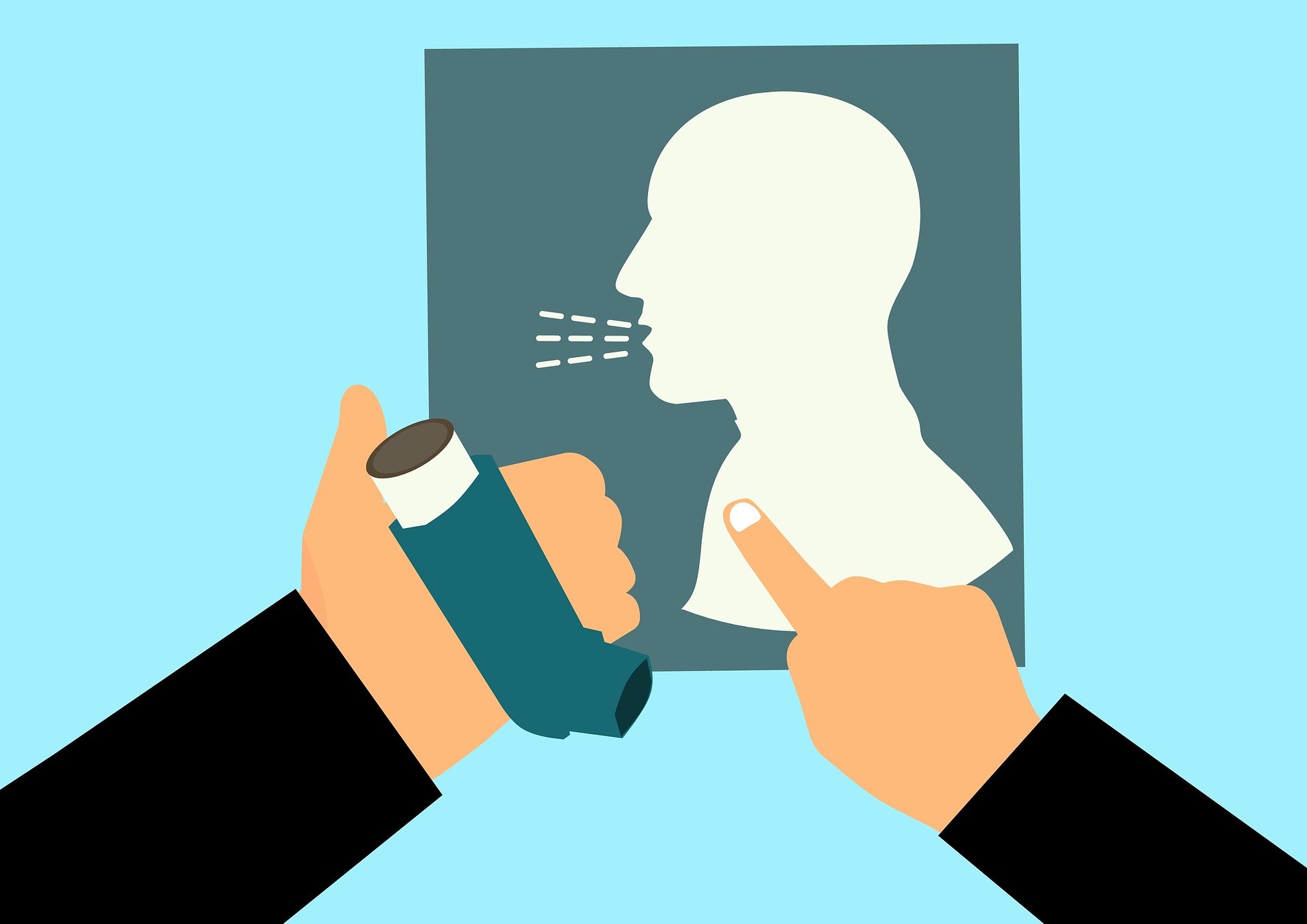
Asthma is an inflammatory disease that causes airway restriction. Most people get this illness as a result of allergic reactions while they are young.
Symptoms usually fade as a person gets older, but some people are unfortunate enough to have them far into adulthood. Here are some suggestions to follow when dealing with Asthma.
Signs and Symptoms
- Consistent wheezing
- shortness of breath
- chest tightening
- coughing.
These symptoms are more noticeable during strenuous exercises and inhaling cold air in the morning or evening.
Some people may not even notice these symptoms until they are exposed to drugs that cause airflow restriction. It could also be a hidden cause of a visible sickness like acid reflux, sinusitis, or sleep apnea.
Causes of the Condition
A number of factors can stimulate asthma. Be aware of these factors as they can tell the severity of the condition and possible treatments:
– Environment: The most common victims of these environmental aspects are the children.
Simple exposure to air contaminants like carbon monoxide can induce symptoms. Hair particles from pets such as cats, dogs, and birds can also initiate the condition. Some perfumes may take the form of allergens that cause it.
– Hygiene: Like what causes colds and coughs, bacteria and viruses can also lead to asthmatic symptoms.
Reports also say that Antibiotics can bring asthma as substantial amounts can prevent the immune system from fighting certain germs that may cause the condition.
– Hereditary: Recent studies show that genetic compositions also contribute to the cause of asthma.
– Previous Illness: History of allergies that may have occurred in the past increases the chance of a person to exhibit symptoms.
Obesity can also cause the condition as a common side effect of it is shortness of breath.
Knowing these factors can be a stepping-stone for getting the appropriate asthma treatment.
Known Treatments
To help treat asthma, the National Asthma Education and Prevention Program (NAEPP)Trusted Source classifies the condition based on its severity before treatment.
Asthma classifications include:
- Intermittent. Most people have this type of asthma, which doesn’t interfere with daily activities. Symptoms are mild, lasting fewer than 2 days per week or 2 nights per month.
- Mild persistent. The symptoms occur more than twice a week — but not daily — and up to 4 nights per month.
- Moderate persistent. The symptoms occur daily and at least 1 night every week, but not nightly. They may limit some daily activities.
- Severe persistent. The symptoms occur several times every day and most nights. Daily activities are extremely limited.
Treatments for asthma fall into four primary categories:
- Quick relief medications
- Long-term control medications
- A combination of quick relief and long-term control medications. The most current asthma clinical guidelinesTrusted Source, released in 2020 by the NAEPP, recommend this treatment. However this treatment is not yet approved by the Federal Drug Administration (FDA).
- Biologics, which are given by injection or infusion usually only for severe conditions.
Preventive Measures
Because researchers have yet to identify the exact cause of asthma, it’s challenging to know how to prevent the inflammatory condition.
However, more information is known about preventing asthma attacks. These strategies include:
- Avoiding triggers. Steer clear of chemicals, smells, or products that have caused breathing problems in the past.
- Reducing exposure to allergens. If you’ve identified allergens, such as dust or mold, that trigger an attack, avoid them if possible.
- Getting allergy shots. Allergen immunotherapy is a type of treatment that may help alter your immune system. With routine shots, your body may become less sensitive to any triggers you encounter.
- Taking preventive medication. Your doctor may prescribe medication for you to take on a daily basis. This medication may be used in addition to the one you use in case of an emergency.
DISCLAIMER
All content and information on this website are for informational and educational purposes only.
It does not constitute medical, psychological, or health advice of any kind and we do not warrant that the information presented herein is free of any errors or omissions.
We are not providing medical, health care, nutrition therapy, or coaching services to diagnose, treat, prevent or cure any kind of physical ailment, mental or medical condition.
Although we strive to provide accurate general information, the information presented here is not a substitute for any kind of professional advice, and you should not rely solely on this information.
Always consult a professional in the medical and health area for your particular needs and circumstances prior to making any medical or health-related decisions.
What to read next?
https://simplifiedpharmacy.com/blog/
